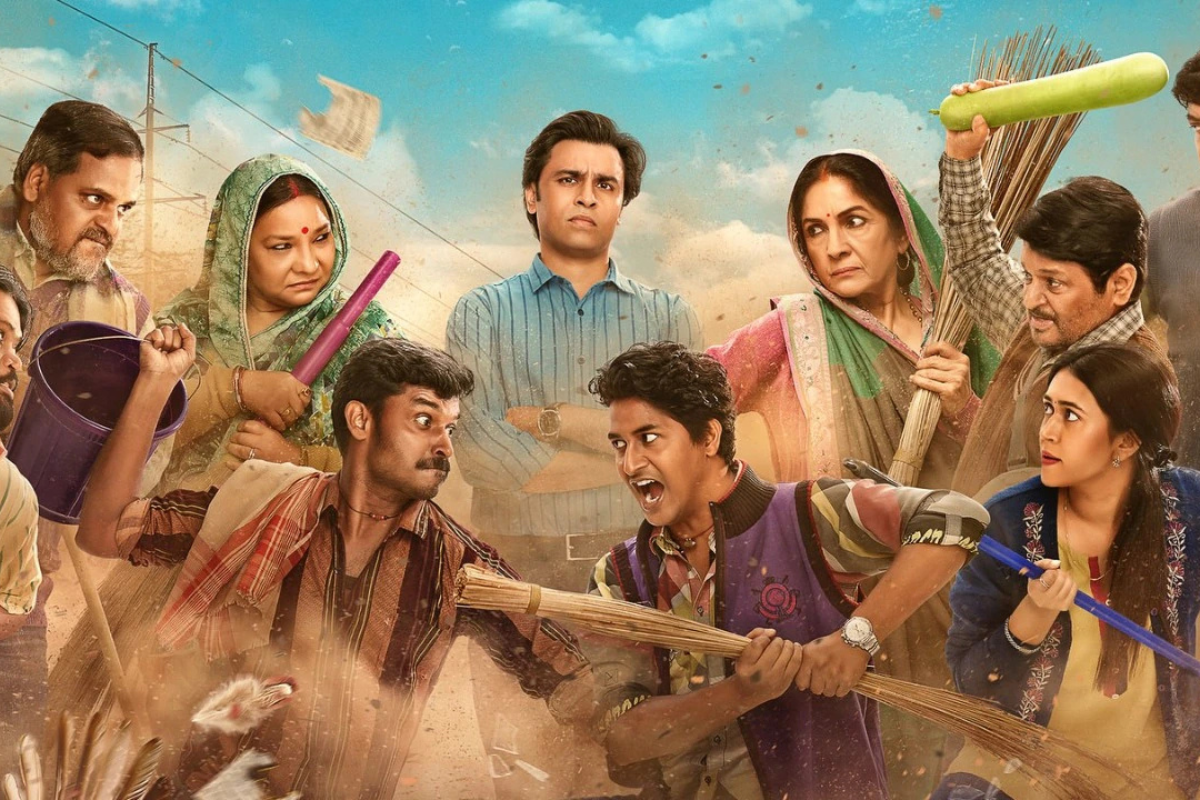The recent title change of Rajinikanth’s upcoming film from Coolie to Majdoor for the Hindi version has left many fans disappointed. While the teaser dropped with vintage Rajini swag — action, style, and a powerful mass look, the Hindi title feels like a step down from the impact of the original.
“Coolie” is not just a title; it’s a throwback to Indian cinema’s golden era, where the common man rose with pride. It has a raw, powerful vibe. It reminds audiences of Amitabh Bachchan’s legendary mass roles, of whistle-worthy intro scenes, of style and substance. The word “Majdoor” might carry the same literal meaning, but it lacks that sharp cinematic energy, emotional nostalgia, and larger-than-life punch that “Coolie” naturally delivers.
The Trend of Renaming Tamil Films for Hindi Continues
This isn’t an isolated case. In recent years, several South Indian blockbusters, especially Tamil films, have had their titles altered for the Hindi audience. While the intention might be wider reach or relatability, these changes often strip away the original essence, making the films feel less authentic to their core identity and fans.
- Master became Vijay The Master
- Vikram became Vikram Hitlist
- Jailer turned into Rajini The Jailer
- Anniyan was released as Aparichit
- Eega became Makkhi
These changes are often marketing-driven, aimed at making titles more “relatable” for North Indian audiences. But the success of films like Pushpa, Baahubali, Kantara, and Salaar (all without title changes) proves that original names can work just as well, if not better.
Fans argue that renaming iconic titles reduces their uniqueness and weakens their cinematic identity. With Coolie, Rajinikanth’s presence was more than enough to carry the film nationwide. The title didn’t need translation; it needed trust.
Summary:
The title change from Coolie to Majdoor for Rajinikanth’s film has sparked backlash from fans. With several South films facing similar fates, many are calling for an end to unnecessary renaming. It’s time to let the original titles speak for themselves.



